Activating
Green
Opportunities
To Accelerate Sustainable Development in Bayelsa
As the world grapples with pressing environmental challenges, such as climate change and resource depletion, it becomes crucial for communities to prioritize sustainable practices and foster green initiatives. By embracing green opportunities, local economies can not only mitigate environmental harm but also stimulate economic growth, enhance resilience, and improve the quality of life for their residents.
Green opportunities can serve as catalysts for economic growth. Investing in clean energy projects, sustainable agriculture, and eco-tourism can create new job opportunities and attract investments. Local businesses that embrace sustainability can gain a competitive advantage in the global market, as consumers increasingly prefer environmentally friendly products and services. By capitalizing on green opportunities, local economies can diversify their revenue streams and build resilience against economic shocks.
There are three critical pillars for the achievement of efficient green transition:
- Sustainable energy access
- Responsible resource management, and
- Good governance.

Prioritizing the exploration of green opportunities for development is key to unlocking new growth engines to drive the inclusive improvement of human well-being and build social equity while reducing environmental risks and scarcities. Which is the integrated view of growth that forms the basis of the United Nation's Global Goals Agenda 2030 (Sustainable Development Goals), and constitutes the guiding principles of the development action agenda of this century.
A Just Green Transition
Needs You!
Community-driven action is key for a just green transition. As societies strive to address the pressing challenges of climate change and environmental degradation, it is essential to involve and empower communities at the grassroots level. By actively engaging local communities in the decision-making processes and implementation of sustainable practices, we can ensure a more equitable and inclusive transition towards a greener future.
Community-driven initiatives can serve as powerful demonstration projects and models for broader systemic change. When local communities successfully implement sustainable practices, they showcase the feasibility and benefits of green solutions. These success stories can inspire neighboring communities, influence policy-makers, and catalyze larger-scale transformations. By amplifying the impact of community-driven action through knowledge sharing and replication, we can accelerate the transition to a sustainable and just society.
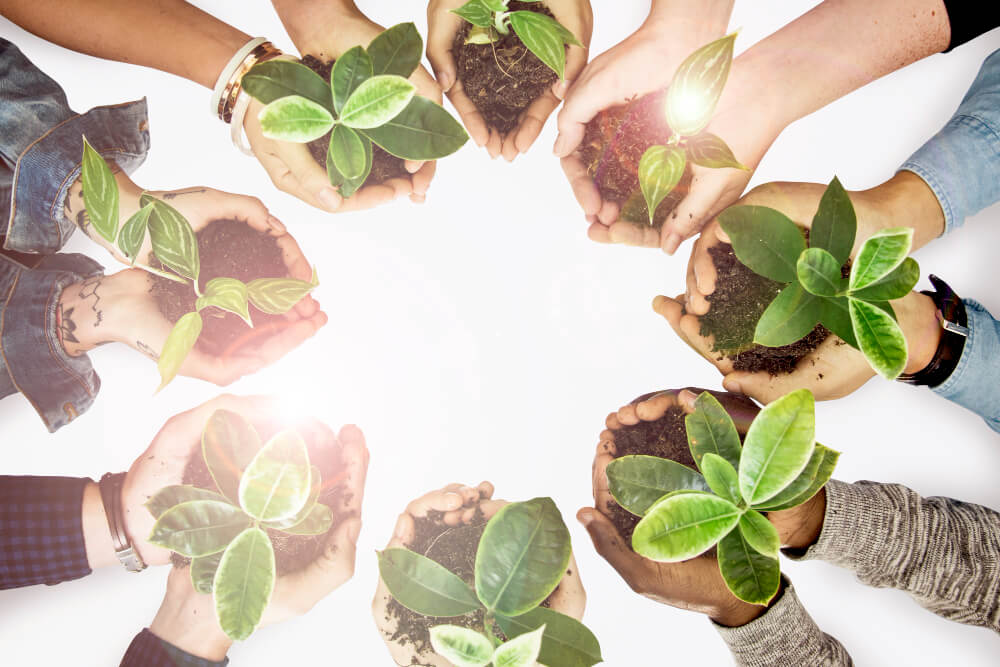
However, it is important to acknowledge that community-driven action alone is not sufficient. It should be complemented by supportive policies, adequate funding, and partnerships with government agencies, private sector entities, and non-governmental organizations. Synergistic collaboration among different stakeholders can leverage the strengths of each sector and create an enabling environment for community-driven initiatives to thrive.
A just green transition requires the active engagement and participation of communities. By embracing community-driven action, we can ensure that the transition to a sustainable future is equitable, inclusive, and rooted in the needs and aspirations of the people. Through empowerment, collaboration, and shared responsibility, communities can become the driving force behind transformative change, making the vision of a greener and fairer world a reality.

Green4ward Action
for the
Global Goals

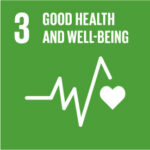
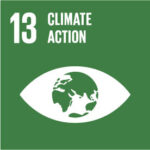
Clean Cooking Solutions
Cooking is an essential part of life, asides from cultural and traditional values; it meets the basic survival needs. Currently, around 4 billion people do not have access to modern energy cooking services. Instead, they cook on traditional biomass or polluting fuels.
The use of open fires and solid fuels for cooking is one of the world’s most pressing health and environmental problems, directly impacting close to half the world’s population and causing nearly 4million premature deaths each year. Women and children are disproportionally affected by this massive global challenge, suffering from toxic smoke, time poverty, and consequences of deteriorating environments.
By developing a thriving global market for clean and efficient cook stoves and fuels, we can transform the way the world cooks, saving lives, improving livelihoods, empowering women, and protecting the environment simultaneously.
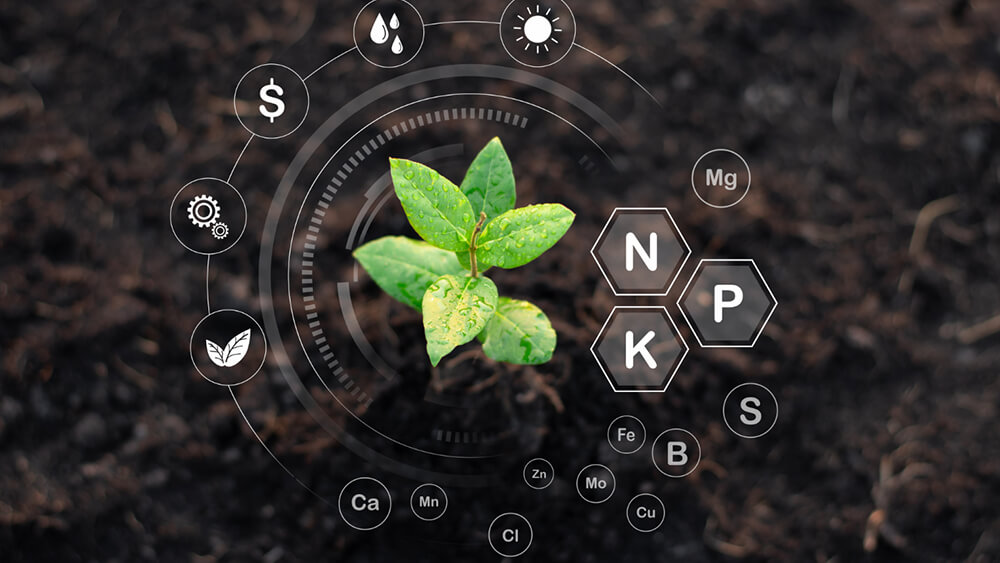
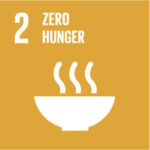
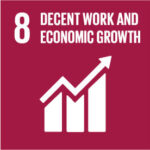

Sustainable Agriculture
The goal of sustainable agriculture is to meet the needs of present and future generations for its products and services, while ensuring profitability, environmental health and social and economic equity.
The current trajectory of growth in agricultural production is unsustainable because of its negative impacts on natural resources and the environment. One-third of farmland is degraded, up to 75% of crop genetic diversity has been lost and 22% of animal breeds are at risk. More than half of fish stocks are fully exploited and, over the past decade, about 13 million hectares of forests a year were converted into other land uses.
The transition to sustainable food and agriculture requires major improvements in the efficiency of resource use, in environmental protection and in systems resilience.

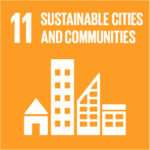
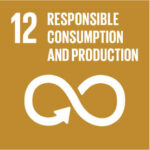
Ecolabel Activation
Ecolabels are marks placed on product packaging or in e-catalogs that can help consumers and institutional purchasers quickly and easily identify those products that meet specific environmental performance criteria and are therefore deemed “environmentally preferable”.
The goal of ecolabelling programs is to promote sustainable consumption patterns by encouraging consumers to choose products which are the least damaging to the environment.
Ecolabeling is one of the reliable tools for consumer-driven transition to sustainable production.
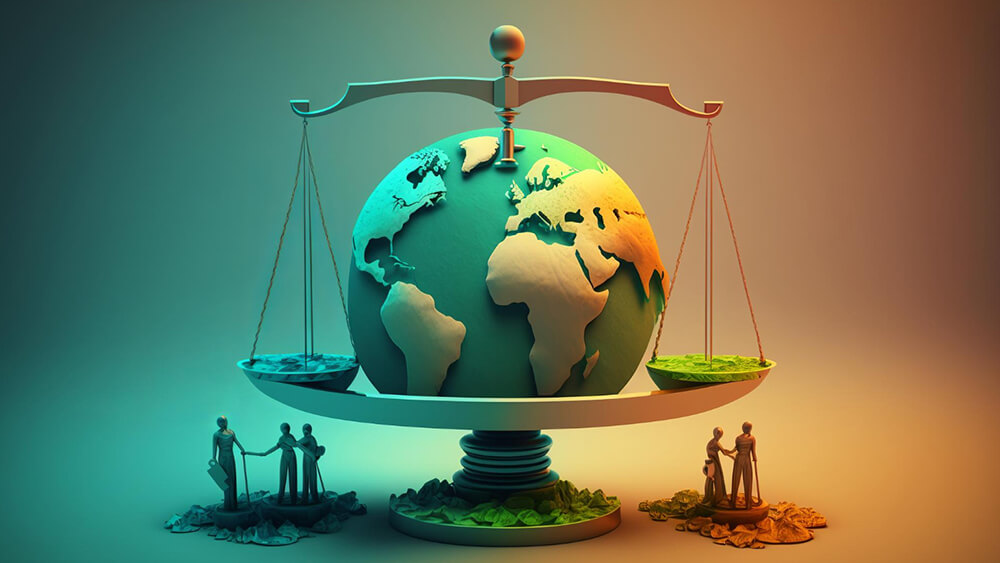


Climate Justice
Climate justice means having a people-centered approach to climate action. This entails ensuring representation, inclusion, and protection of the rights of those most vulnerable to the effects of climate change.
The impacts of climate change will not be borne equally or fairly, between rich and poor, women and men, and older and younger generations. Consequently, there has been a growing focus on climate justice, which looks at the climate crisis through a human rights lens and on the belief that by working together we can create a better future for present and future generations.
Solutions must promote equity, assure access to basic resources, and ensure that the rights of present and future generations to a healthy and clean environment is protected.
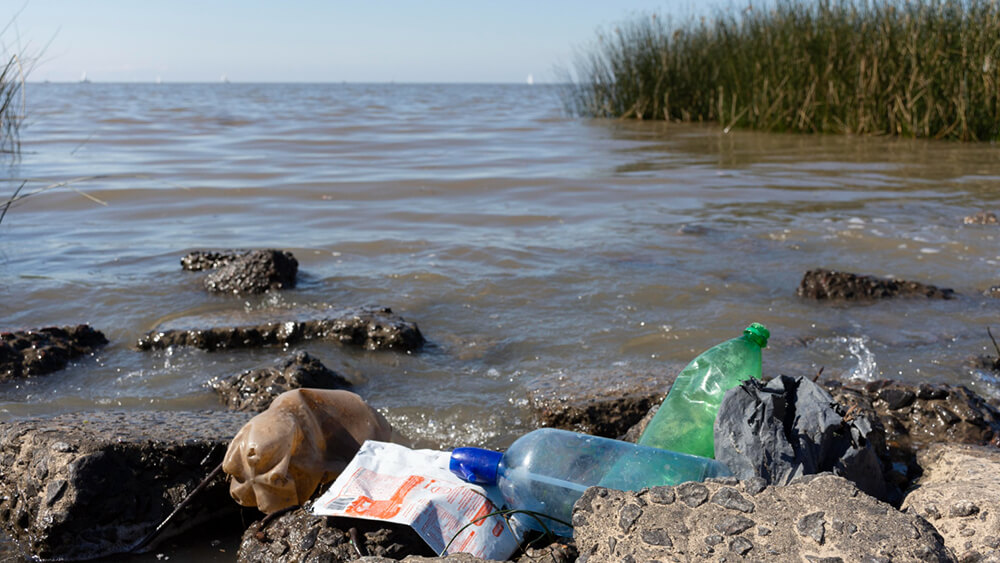
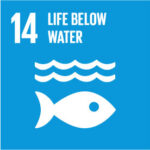
Wetland Protection & Oceans Conservation
Healthy oceans and marine ecosystem services underpin the ocean economy, and provide critical support functions upon which human health and well-being depend.
They cover 70 per cent of the planet and provide food, energy and water.
The ocean absorbs around one quarter of the world’s annual carbon dioxide (CO2) emissions, thereby mitigating climate change and alleviating its impacts.
Ocean and marine resources are under severe pressure from human activities, notably over-exploitation of fish and other marine resources, habitat destruction, invasive alien species, pollution and climate change. Making it essential to conserve and sustainably use them.
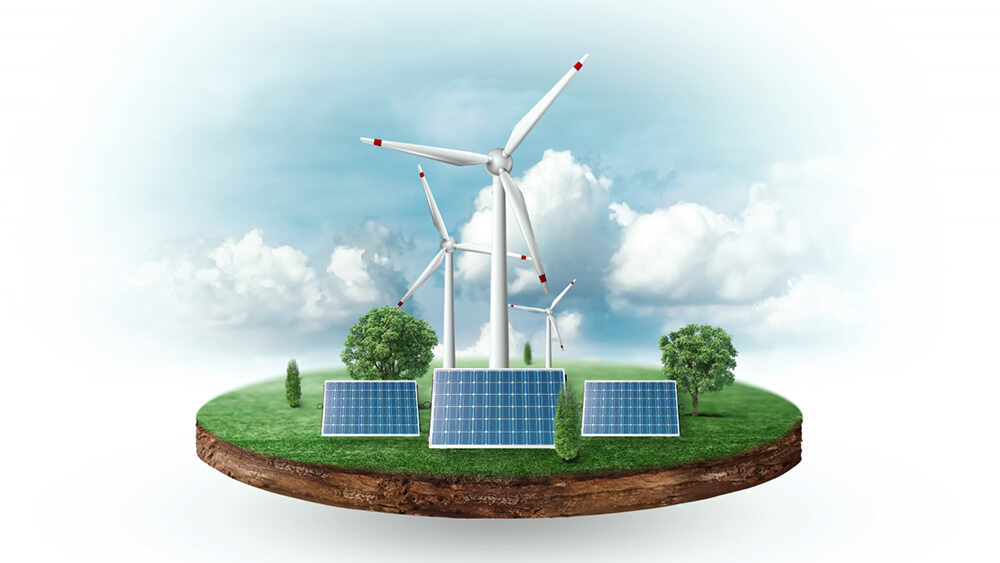
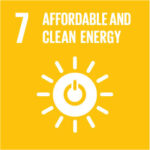
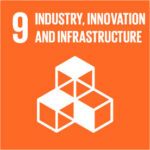

Clean Energy
Ensuring access to clean and affordable energy, is key to the development of agriculture, business, communications, education, healthcare and transportation. The lack of access to energy hinders economic and human development.
Ensuring universal access to affordable electricity by 2030 means investing in clean energy sources such as solar, wind and thermal. There is a broad range of benefits in making the transition to clean energy sources spanning across improved public health, job creation, long-term affordability, energy security, to reduced carbon footprint.


E-mobility / EV
Our society places great value on mobility. Well-developed infrastructure and flexible, reliable systems of transport are fundamental requirements for a functioning economy. About 95 percent of today's transport are dependent on fossil fuels.
The consequences, air pollution and climate change, lead to negative impacts on the environment, health and the quality of life.
The transport sector is the fastest-growing greenhouse gas (GHG) emitting sector, expected to reach a share of more than 30%of total GHG emissions in the future. It is also a leading emitter of short-lived climate pollutants and it contributes greatly to air pollution.
Electric-powered transport has become one of the main drivers worldwide to mitigate our impact on the environment and to mitigate the effects of climate change.


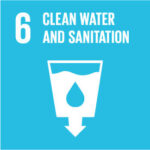
Water, Sanitation & Hygiene
Access to safe water, sanitation and hygiene is the most basic human need for health and well-being.
Demand for water is rising owing to rapid population growth, urbanization and increasing water needs from agriculture, industry, and energy sectors. At the current rates of progress, 1.6 billion people will lack safely managed drinking water, 2.8 billion people will lack safely managed sanitation, and 1.9 billion people will lack basic hand hygiene facilities in 2030.
Sustainable management of water resources and access to safe water and sanitation are essential for unlocking economic growth and productivity, and provide significant leverage for existing investments in health and education.


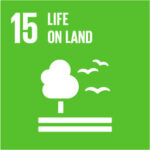
Ecotourism
Ecotourism provides many opportunities for growth and business development as well as challenges in order to achieve the best social-economic-cultural outcome while prioritizing the welfare of ecosystems.
The practice of ecotourism enhances economic growth and improves the livelihood mainly in rural and undeveloped areas by increasing job and business opportunities. Ecotourism is largely viewed as a successful tool for promoting sustainable economic practices in developing nations, and for encouraging environmental conservation worldwide.





Noise Pollution
Environmental noise has traditionally been dismissed as an inevitable fact of life and has not been targeted and controlled to the same extent as other health risks.
However, clear links have been established between excessive exposure to environmental noise and adverse health effects, such as annoyance, disrupted sleep cycles, cardiovascular disorders, and impaired cognitive development of children, as an environmental stressor, noise negatively impacts psychological and physical well-being. Effective noise management and control, supported by legislation or policy, has a key role to play in achieving SDGs.


WEEE
(Waste on Electrical & Electronic Equipment)
The widespread consumption of electronic devices has made spent batteries an ongoing economic and ecological concern. E-waste (electronic waste), also known as waste electrical and electronic equipment (WEEE), has become one of the fastest growing waste streams worldwide.
However, global e-waste management practices are still hampered by many barriers and challenges financially, technologically, legislatively, and managerially. And there is need for solutions capable of overcoming thee-waste barriers and challenges, achieving sustainable e-waste management.



Waste Oil Management
Lubricating oil is an important resource and a petroleum base product. Mismanagement of waste lube oil is a serious environmental problem.
Waste oils are considered hazardous waste and have some dangerous properties. One litre of waste oil can contaminate one million litres of water.
Waste oils in rivers, lakes and streams threaten aquatic life. Also, if waste oils are left on the ground, they can severely contaminate soil.
Waste oil and its impurities pose potential threats to the environment, whether the waste oil is indiscriminately dumped on land or into water courses or burned. Disposing of used oil the wrong way has the potential to pollute the environment. And particulates produced by burning used oil can aggravate and cause respiratory problems, and can result in the loss of lung function, loss of ability to resist infection, and death.
We need to recover and recycle as much of it as possible. Almost all types of waste oil have the potential to be recycled safely, saving a precious non-renewable source and at the same time minimizing environmental pollution.



Clean Air /Zero SLCPs
Good air quality is a fundamental aspect of the quality of life and is an essential component of sustainable development economy. Poor air quality can contribute to ill health. It also has environmental impacts, such as acidification, eutrophication and damage to vegetation and buildings.


Ecosystem Conservation
Development is considered to be sustainable if it improves the quality of human life without exceeding the carrying capacity of supporting ecosystems.
The key to sustainable development is achieving a balance between the exploitation of natural resources for socio-economic development, and conserving ecosystem assets that are critical to everyone’s wellbeing and livelihoods.
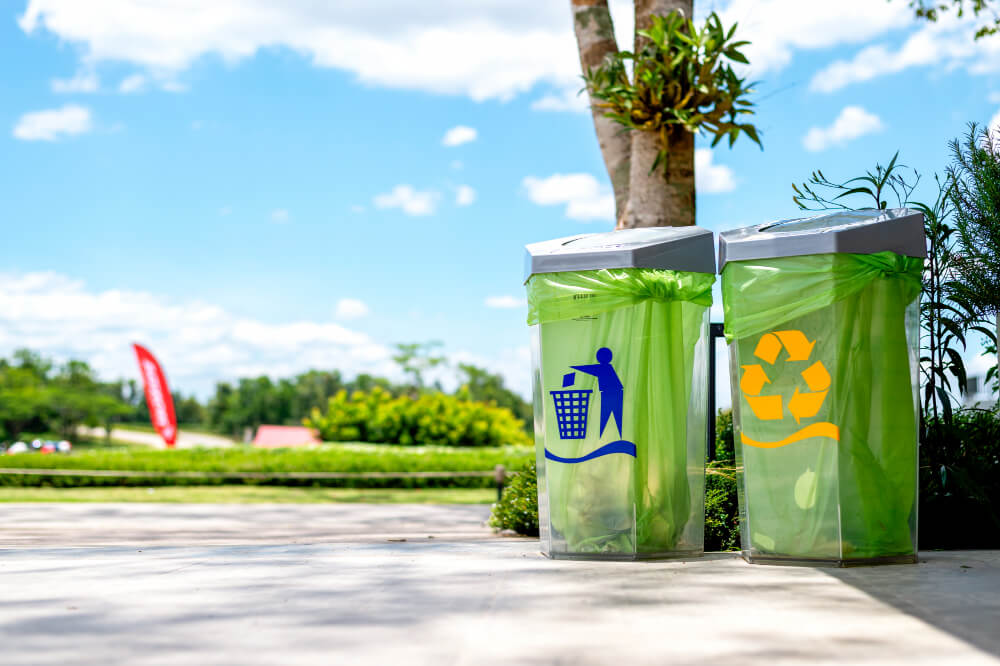


Recycling
Recycling is one of the eco-friendly methods of solid waste management for a sustainable society. Current disposal methods threaten our environment and health, but with sustainable recycling, we conserve natural resources and decrease the harm we cause to the world. Recycling non-renewable materials reduce environmental pollution and protect natural ecosystems.



Energy Efficiency
Considering the growing gap between the demand and supply for electric power, improving energy efficiency on both the demand and supply sides could be an effective strategy to meet the needs of the people.
Investing in energy efficiency is the cornerstone of a more sustainable energy system. It creates public benefits in terms of lower greenhouse gas emissions, increased employment, reduced foreign energy import dependence and improvement of a country’s or communities’ fiscal balance.




